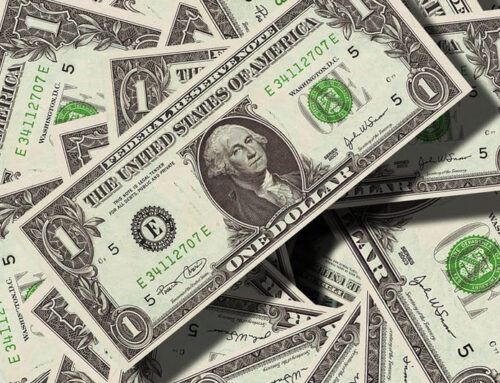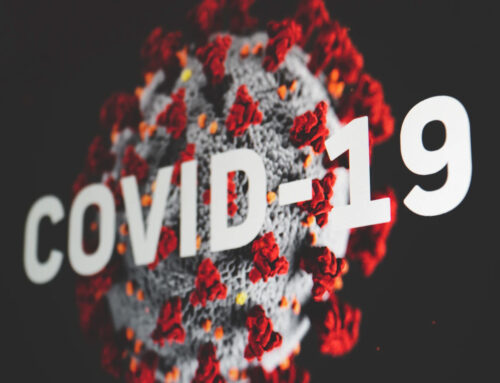 Student loans are a huge issue for many people. Unfortunately, under current law it is almost impossible to discharge student loans in a bankruptcy case. The general rule is that student loans are not dischargeable unless you can prove an “undue hardship.” Often courts will require that the debtor is essentially mentally and/or physically disabled and unable to earn an income before they will allow a discharge of student loans in a bankruptcy. But if a debtor is disabled, most student loan lenders have an internal procedure (non-bankruptcy) for obtaining a discharge of the student loans.
Student loans are a huge issue for many people. Unfortunately, under current law it is almost impossible to discharge student loans in a bankruptcy case. The general rule is that student loans are not dischargeable unless you can prove an “undue hardship.” Often courts will require that the debtor is essentially mentally and/or physically disabled and unable to earn an income before they will allow a discharge of student loans in a bankruptcy. But if a debtor is disabled, most student loan lenders have an internal procedure (non-bankruptcy) for obtaining a discharge of the student loans.
Notwithstanding the slim possibility of actual discharge of student loans in a bankruptcy, there are other ways of dealing with student loans. If your loans are with U.S. Direct Loans, then you will be able to put your loans into forbearance and make no payments on your loans for a period of time. You need to renew the forbearance once a year. (Sallie Mae and the other private student loan lenders may also allow forbearance and/or deferments.) Or you can get on an income contingent repayment plan and your payments could be as low as 0. And after 25 years whatever remains on your loans will be discharged.
If your loans are not with U.S. Direct loans, but are federally-backed (most private student loans are federally backed; you can contact the U.S. Department of Education to find out if your private student loans are federally backed), then you can put your private student loans on an income contingent plan. If your loans are private and are not federally backed and the student loans are the ones that are suing you because they won’t agree to affordable payments, then you can consider a chapter 13 bankruptcy filing to keep them off your back for as long as 60 months. Your chapter 13 plan payments could be as low as $100 per month. This will at least give you a breather.
Some debtors have student loans with multiple lenders, which tend to make things more difficult for the debtor. My advice to debtors who have their loans with multiple sources is to see if it is possible to consolidate all of the loans with one lender. In my experience, U.S. Direct Loans is the best student loan lender to deal with and, thus, my advice is to try to consolidate all student loans with U.S. Direct Loans, if possible.
If you do not put your loan(s) into deferment and/or forbearance and you default on your payments, your loans will eventually be turned over to collection agencies. If your lenders and/or collection agencies are calling you all of the time, you could send them a short letter telling them that they can only communicate with you via writing. Then under the Federal Debt Collection Practices Act they will not be allowed to call you anymore. If your loans are with private lenders, just like other non-government creditors they will need to first sue you and then get a judgment against you before they can take collection action (i.e., garnishment of wages, levies of bank accounts, liens on property). If your loans are with U.S. Direct Loans, they will be able to take collection action against you if you are in default without first suing you by giving you at least a 30-day notice.
If you have enough non-student loan debt, then a bankruptcy filing may make sense (either chapter 7 or chapter 13) to stop the collections/harassment and discharge that debt. That will in turn free up more disposable income to pay towards the non-dischargeable student loans. As with any legal issue regarding debt relief, it is important to speak with an experienced bankruptcy attorney in Portland. Feel free to call my office to discuss your issues.





Great breakdown of student loans and their connection to bankruptcy. I’m sure many clients don’t know this when they first come in.